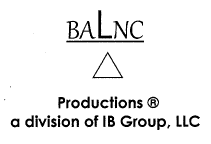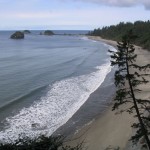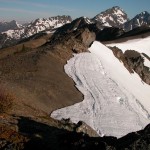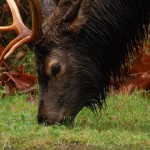George Vancouver’s description of the country he saw during his meanderings around the Olympic Peninsula in the spring of 1792 was prophetic:
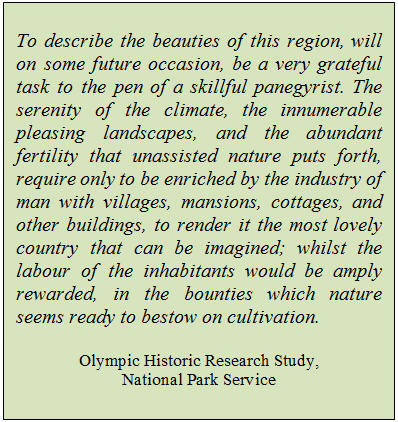
In a game of word association, if I said, Spanish, Russian, English, American, and First Nations, you might say, International and you’d be correct. However, if I said Explorers and your answer didn’t include commerce or trade, you’d only be partially correct. In truth, if it hadn’t been for the desire to increase commerce from the late 1500s to the early 1800s, the Pacific Northwest—and the Olympic Peninsula in particular—might have remained the exclusive realm of First Nations people for a more extended period of time. This period of international competition for the extraction of natural resources and expansion of national wealth led directly to the discovery, settlement and commercialization of the Olympic Peninsula.
The mythical Northwest Passage—a shortened trade route to the Far East—furs, ports of safe-harbor, timber, national expansion and fish were, in their time, the first prize in a trade-competition waged on a worldwide stage. The Spanish retreated first from this extended competition, followed by the Russians. That left Great Britain and an emerging United States as the final competitors for the bounty of First Nations resources. The symbolic planting of a nation’s flag included renaming landmarks, establishing trading posts and importing settlers; all the while laying claim to vaguely defined expansive and even unexplored portions of the Pacific Northwest. In the end, the fur trade declined and whole populations of animals were eliminated in the name of trade and the spirit of avarice.
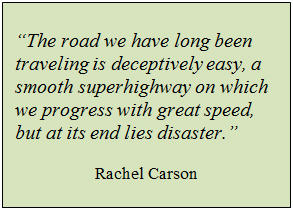 The Pig War was the final competitive event; the shooting of a British pig by an American potato farmer on San Juan Island. This escalated from a quarrel over the price of replacing the pig to military maneuvers on both sides. The good news is that the pig was the war’s only casualty. The better news is that the dispute between Britain and the US over the last piece of national real estate was arbitrated by Germany’s Kaiser Wilhelm I, in 1872, granting the San Juan Islands to the U.S.
The Pig War was the final competitive event; the shooting of a British pig by an American potato farmer on San Juan Island. This escalated from a quarrel over the price of replacing the pig to military maneuvers on both sides. The good news is that the pig was the war’s only casualty. The better news is that the dispute between Britain and the US over the last piece of national real estate was arbitrated by Germany’s Kaiser Wilhelm I, in 1872, granting the San Juan Islands to the U.S.
Two strange but true remnants of this saga remain to this day: In 1864, Abraham Lincoln—in an attempt to weigh the scales of regional ownership—made Port Angeles the second “Federal City” (after Washington D.C.), and, at English Camp, in San Juan Island National Historic Park, a U.S. National Park Ranger continues to hoist the British National Flag over U.S. soil each morning and retire it at day’s end—not by the requirement of a treaty—but out of an enduring respect and connection between the two nations.
At the heart of commerce was the extraction of natural resources with no regard to sustainability. Why would anyone care? At the time it appeared that those resources were unlimited and inexhaustible. Those who held that sentiment were incapable of imagining the age of mechanization or the decimation of species. Armed with crosscut saws and axes, armies of loggers attacked the virgin forest at the shoreline and dragged, hauled or floated timber to sawmills, scattered like anthills across the Peninsula. As commerce grew, timber camps became settlements and towns. The advent of steam-driven railroads and mills significantly increased production at the expense of nature. Roads and motorized equipment led the way to removing well over two million acres of virgin timber at the expense of habitat and watershed.
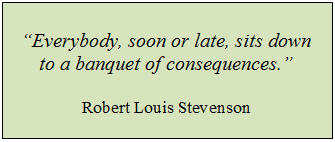 A similar story occurred on the sea. First, fur-bearing animals were decimated
A similar story occurred on the sea. First, fur-bearing animals were decimated
and the huge populations of fish were systematically removed, and then the fish that survived faced the development of dams, ruinous run off from clear-cut forests, and a degraded habitat. Today, through strict regulation and the unrelenting efforts of conservationists, a modicum of repair is apparent. Commercial interests and those of nature are still far apart but drawing closer as sustainability increasingly enters the conversation.
The Olympic National Park and portions on the surrounding National Forest exist today due to the foresight of Presidents, Rangers, Naturalists and World Organizations who voiced the unthinkable at a time of narrowed vision to an audience that was finally able to hear, and care about our natural resources. Just over a million acres are now protected, providing the minimal environmental space required for a habitat on the edge. Yet global commerce continues to extract its toll with the ongoing pollution of air and sea. We all must appreciate the fragile and unique nature of what we so easily assume to be permanent and unassailably vast. It requires our utmost care; our legacy to the future is grounded in our actions of today.
The following links provide an examination of Explorers and development of the Olympic Peninsula:
